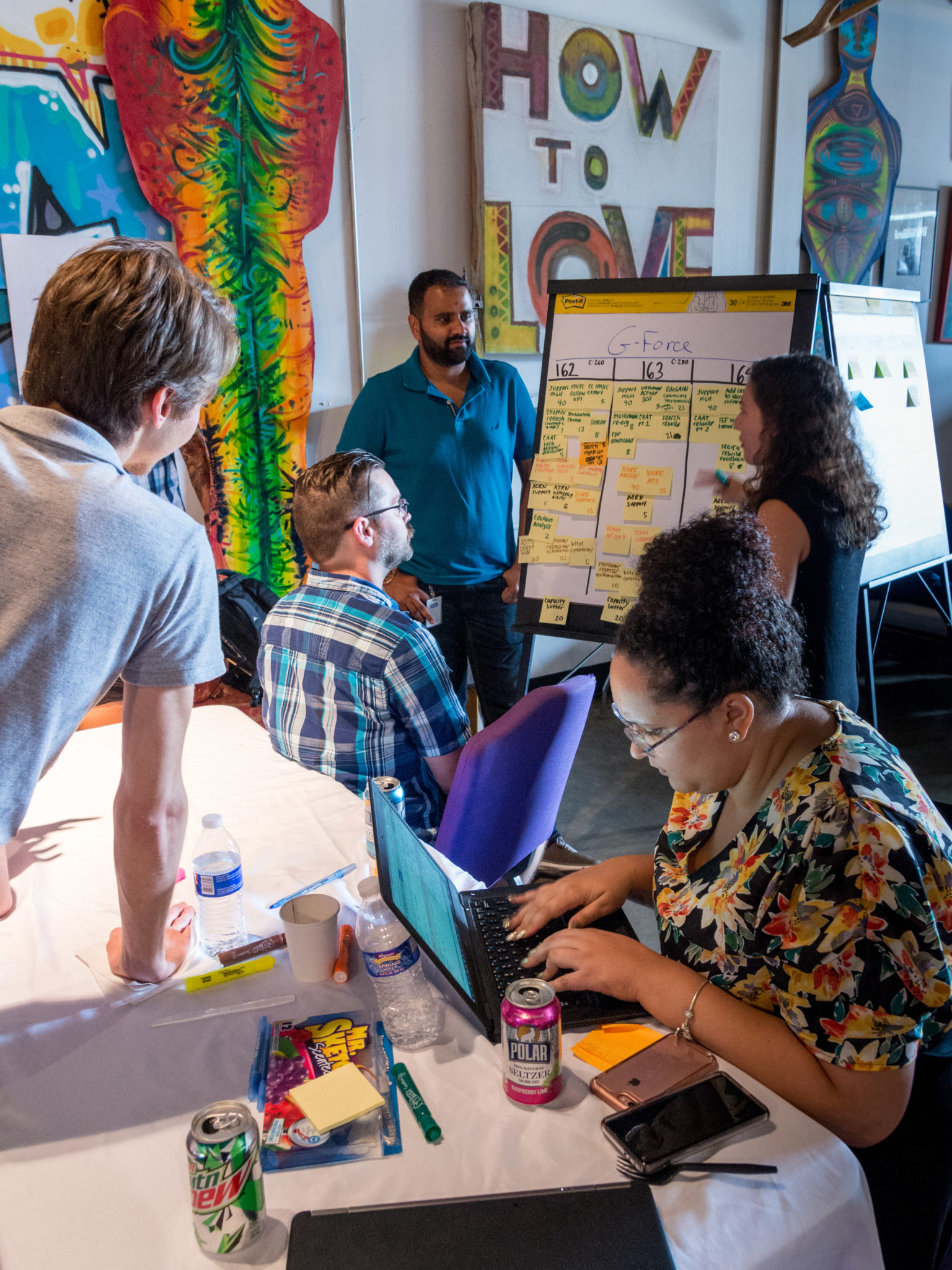
Lynne Doughtie, US Chairman and CEO-elect of KPMG, one of the Big Four auditors, shared her thoughts through the KPMG Women’s Leadership Study, encouraging, “Own your career. Don’t wait for someone to tap you on the shoulder and present an opportunity to you.” To take her advice, we must understand the role our agency plays in our orientation to growth and development. Agency is our capacity to act in a given environment. Our personal agency is our capability to originate and direct our actions toward specific purposes. It is influenced by our belief in our own effectiveness in performing specific tasks, which is termed self-efficacy, as well as by our actual skills. Our belief in our ability seriously impacts how we approach goals, tasks and challenges.
It’s natural to experience some self-doubt in the face of opportunities. Adena Friedman, President and CEO of Nasdaq, said of career growth, “Just say yes. Use any fear as motivation to be successful. That fear will then turn into confidence.” It strikes me that one important element of shifting fear into confidence is understanding that many soft skills are tangible and therefore practicable. Several traits that are common among high-achievers, such as leadership acumen and emotional intelligence, are actually tangible skills. We can learn about, practice, and develop attributes of leadership, like strategic thinking, just as we can our hard skills, such as writing great code.
Sometimes this fear originates not from doubt in our ability, but from our own uncertainty about the right path. Many high-achieving people will also tell you that their career path was fluid and non-linear. Recent research out of Yale demonstrates that we learn best when we abandon stability and move toward the uncomfortable. In the article, Stilman writes, “Not knowing what’s going to happen next is generally stressful. Uncertainty signals that you’re unsure of your environment, your skills, or both. But uncertainty also signals the brain to kickstart learning.” These results, then, tell us that we can successfully pursue growth and learning, not in spite of our uncertainty about what our end goal might be, but because of it.
We can achieve this discomfort in easy ways, including making simple changes to our routines (new lunch joint?), searching out new ideas, talking to people we disagree with (boosts empathy and learning), and starting a new project. Maggie Wilderotter, Executive Chairman of Frontier Communications, shares in the KPMG Women’s Leadership Study, “A way to move more women forward is to identify high-performing women and give them stretch assignments that will help them reach their full potential.” This idea supports the approach of both getting uncomfortable and learning by doing – taking on projects and responsibilities outside of your comfort zone that are going to challenge you to learn new content and skills, and perhaps even provide clarity around your path.
Luckily for Silverchair, there are principles in the Agile Manifesto that can guide us toward successful career development:
- Accommodation of changing requirements throughout the development process– remember that a stagnant approach to performance will not kickstart your learning, and that change can bring uncertainty but also opportunity
- Processes to support a consistent development pace – build yourself a process for learning new things throughout the year; it is easy to deprioritize your own growth when your workload gets heavier, so have a plan to be consistent in your self-development
- Self-organizing teams encourage great architectures, requirements, and designs – you know best what your strengths and weaknesses are, and IDPs (Individual Development Plans) that you’ve thoughtfully created are going to be the best fit for you as you work toward great things
- Regular reflections on how to become more effective – check in with yourself throughout the year to evaluate if your plan is helping your goals come to fruition; what new information do you have about what’s working or not working and how can you adapt?
- Support, trust and motivate the people involved – get your colleagues on board with your career growth by sharing your aspirations with them; reach out to colleagues who can teach you something new and be prepared to reciprocate by sharing your enthusiasm and talents toward the success of others
Perhaps it can also inspire our approach to iterative career development to be one that is adaptable, consistent, self-driven, and collaborative.